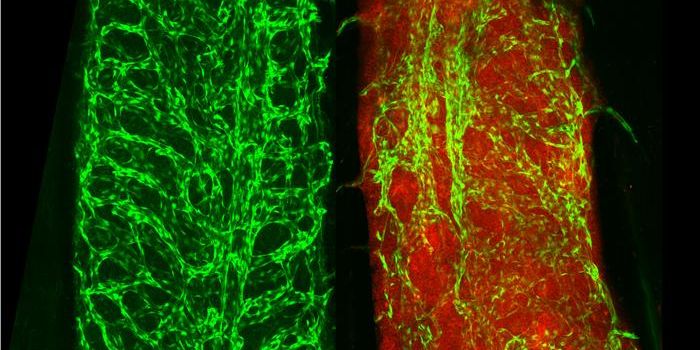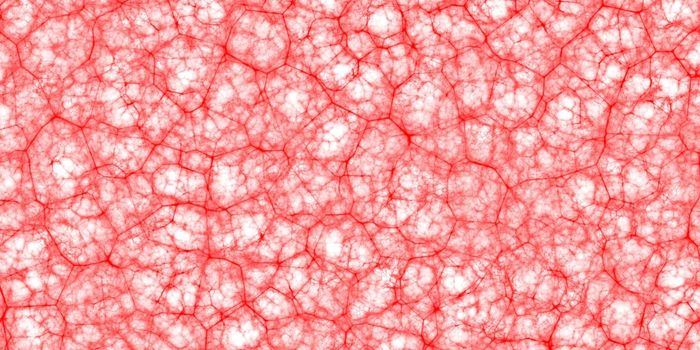A New Method to Enhance Immunotherapy in Mouse Tumors
Pancreatic ductal adenocarcinoma (PDAC) is the most common form of pancreatic cancer, accounting for about 90% of pancreatic cancer diagnoses. PDAC tumors are highly immunosuppressive, which means they evade mechanisms of the immune system. Therefore, these tumors are very aggressive, and treatment options are limited.
Immune checkpoint inhibitors (ICI) are immunotherapy drugs that block the binding of immune checkpoints with their partner proteins. Under normal conditions, immune checkpoints regulate the immune response to prevent autoimmune responses. However, the blockade provided by ICIs prevents the checkpoints from turning down the activity of cancer-killing immune cells. Thus, the use of ICIs promotes and extends the anti-cancer activities of immune cells.
Unfortunately, the immunosuppressive nature of PDAC, along with the low number of immune cells which typically enter the tumor, ICIs fail to control tumor growth. Tumors that exhibit these characteristics are sometimes called “cold” tumors because they do not initiate a robust immune response. Alternatively, “hot” tumors exhibit strong immune activity and are usually filled with many anti-cancer immune cells. Because hot tumors respond to ICIs much more efficiently than cold tumors, there is a critical need to develop therapeutic methods which turn cold tumors hot.
A study published in the Journal for Immunotherapy of Cancer demonstrates a novel method of sensitizing mouse tumors to the popular ICI anti-PD-1. The study utilizes a drug that inhibits a protein called dipeptidyl peptidase (DPP).
The research team administered an oral DPP inhibitor to mice with PDAC tumors. Using a variety of immunological techniques, the researchers examined how DDP inhibition altered the immune status of the tumors. The study demonstrated that anti-tumor immune cells, including natural kills (NK) cells and T cells. The increased immune cell infiltration was accompanied by slowed tumor growth and improved efficacy of anti-PD-1 therapy.
Importantly, mice treated with combination therapy consisting of DPP and PD-1 inhibition developed immune memory demonstrated by rejection of tumors following re-exposure. This finding suggests that this combination therapy could potentially protect from cancer recurrence.
The authors summarize that their study underscores the importance of DPPs in PDAC development. They also conclude that DPP inhibition enhances natural anti-tumor immunity and ICI effectiveness in mouse models of PDAC. The data presents a strong rationale for exploring clinical development of a combination DPP/PD-1 inhibition strategy.
Sources: PDAC, ICI, cold, hot, turn cold tumors hot, Journal for ImmunoTherapy of Cancer, PD-1, DPP, NK, T cells









